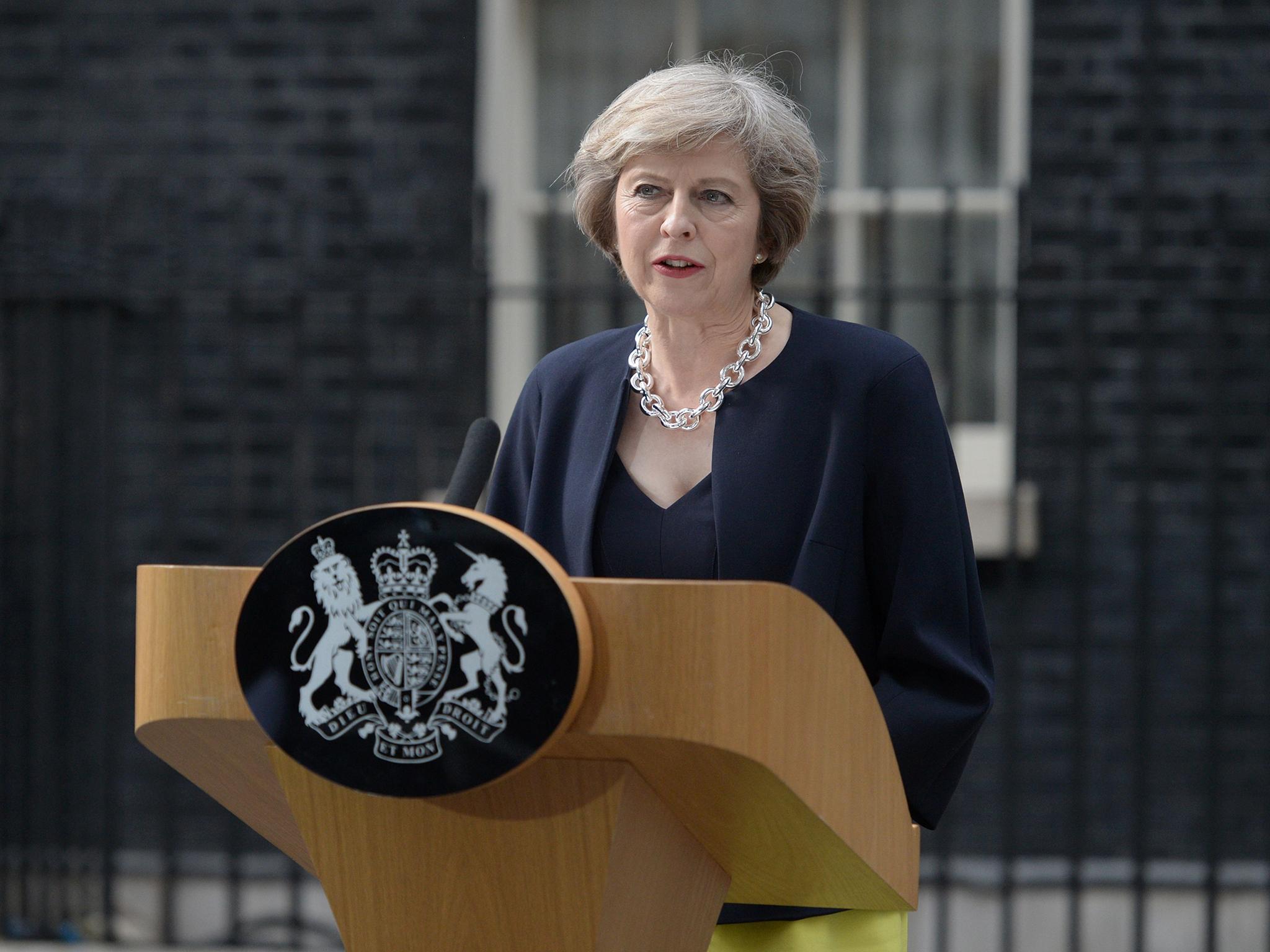UK’s progress on social mobility ‘disappointing’ despite pledges by Boris Johnson and Theresa May, says watchdog
Experts warn of lack of progress by government despite successive prime ministers pledging to address inequality as a priority

Your support helps us to tell the story
From reproductive rights to climate change to Big Tech, The Independent is on the ground when the story is developing. Whether it's investigating the financials of Elon Musk's pro-Trump PAC or producing our latest documentary, 'The A Word', which shines a light on the American women fighting for reproductive rights, we know how important it is to parse out the facts from the messaging.
At such a critical moment in US history, we need reporters on the ground. Your donation allows us to keep sending journalists to speak to both sides of the story.
The Independent is trusted by Americans across the entire political spectrum. And unlike many other quality news outlets, we choose not to lock Americans out of our reporting and analysis with paywalls. We believe quality journalism should be available to everyone, paid for by those who can afford it.
Your support makes all the difference.Progress on social mobility in the UK has been “disappointing”, the government’s own watchdog has said, after only one in four of its recommendations were delivered – despite successive prime ministers pledging to address inequality as a priority.
Theresa May vowed to tackle burning injustices when she entered Number 10 in 2016, while Boris Johnson campaigned to become prime minister on his vision to “level up” Britain.
Despite this, the Social Mobility Commission’s latest review found that 600,000 more children are now living in relative poverty than in 2012, that just one in four disadvantaged GCSE pupils get a good pass in English and maths compared with half of their better-off peers, and that life expectancy is falling for women in the most deprived areas.
Children from black and minority ethnic groups are also more likely to be poor, with the rate standing at 45 per cent compared with 26 per cent of children in white British families. Half of all adults from the poorest backgrounds receive no training at all after leaving school.
The commission’s new report, based on a comprehensive audit of government action on social mobility, reveals that of the 52 proposals it has made between 2013 and 2020, only one-quarter (23 per cent) had seen strong progress made or the proposal delivered.
There was no or very little action on one-third of recommendations (31 per cent), while on almost half (46 per cent) there was some, but insufficient, progress.
The report noted that prior to the pandemic there had been some evidence of progress in increasing the life chances for poorer groups, including more disadvantaged pupils staying in education for longer and more poorer students going into higher education and employment.
But the commission also identified several areas of “major concern” where the government had failed to deliver, and said its work exposed how a “lack of joined-up thinking and activity” across Whitehall was impeding progress on social mobility.
With the coronavirus crisis already hitting poorer people harder, the watchdog said it was imperative to tackle social inequality more effectively, and called for a dedicated unit in government to coordinate action and ensure its recommendations were delivered.
Dame Martina Milburn, outgoing chair of the Social Mobility Commission, warned that the prime minister’s goal of “levelling-up” opportunity would now have to take place in the context of the major economic and social dislocation caused by Covid-19.
“Social mobility has never been more important. It is the poor and the young who will suffer most from the economic downturn,” she said.
“To succeed, action will need to be driven from the heart of government. At present there is no meaningful coordination between departments on the social mobility agenda, and no single force championing social mobility across the government.”
Shadow work and pensions minister Kate Green claimed the report exposed a government with “no interest in levelling up Britain”, adding: “It’s an appalling record of mismanagement and indifference to the life chances of working class families and their children.”
Helen Barnard, acting director of the Joseph Rowntree Foundation (JRF), said: “The coronavirus pandemic has laid bare the depth and extent of inequalities in our society. At a time when over 4 million children are trapped in poverty across our country, it is a damning indictment that so little progress has been made in improving young people’s chances.”
A government spokesperson said: “We are pleased the commission recognises progress in areas such as improving life chances for poorer groups, boosting mental health support for young people, and keeping disadvantaged pupils in education for longer.
“We remain committed to levelling up opportunity across the country, and continue to do all we can to make sure no-one is left behind as a result of coronavirus.
“From the start of the outbreak, all vulnerable children have been able to attend school and we have provided over £100m to support children to learn at home. We also continue to invest significantly in schools and early years, alongside raising wages and increasing work incentives for the lowest paid families.”
Join our commenting forum
Join thought-provoking conversations, follow other Independent readers and see their replies
Comments